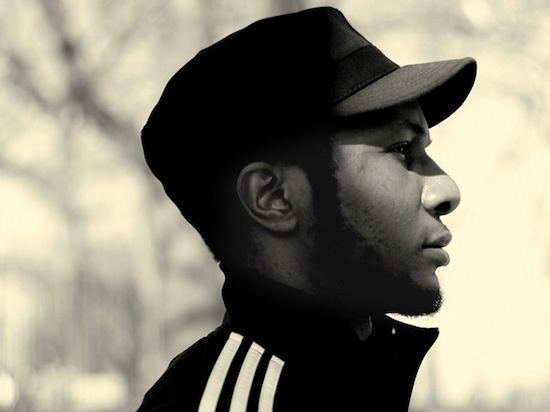My early memories are of loving visual art – drawing and painting – and of learning to read quite young. Music was sort of peripheral. There was plenty of it around, and in good variety, everything from ’70s soul to classical in my parents’ LPs, but there was also Michael Jackson and all the Nigerian music that poured out of the cars and shops of the city. I was into ‘Thriller’, but not more or less than my schoolmates. And then there was the R&B of the late ’80s and early ’90s. I think the big musical moment happened for me in my second year of college, after I went to the US. That was when I really got into both jazz and classical, at the same time. I was amazed at how well certain things held up to repeated listenings: Coltrane, Mahler, Beethoven. Not long after came ‘world music’, and I had a similarly stunned reaction to my first encounters with the likes of Ali Farka Touré and Oumou Sangaré.
My writing, and all my life now, is surrounded by musical influence and musical feeling, from questions of literary structure to the actual content of my writing. "Listen to this" remains one of the great communicative and affectionate gestures. That is why I make so many playlists.
For this Baker’s Dozen, I simply wanted to include as many kinds of albums that really mattered to me as possible. Couldn’t fit them all in, of course. There’s no contemporary classical, there’s no house music, there’s no Nigerian pop and there’s no choral. But I think these 13 do give a sense of some of my preoccupations. I love making lists: it’s always an exercise in contingency. I love that, the impermanence of it side by side with the enthusiasm.
Known And Strange Things, Teju Cole’s first collection of essays, is published now by Faber. Click on his image below to begin scrolling through Teju’s choices, which run in no particular order


